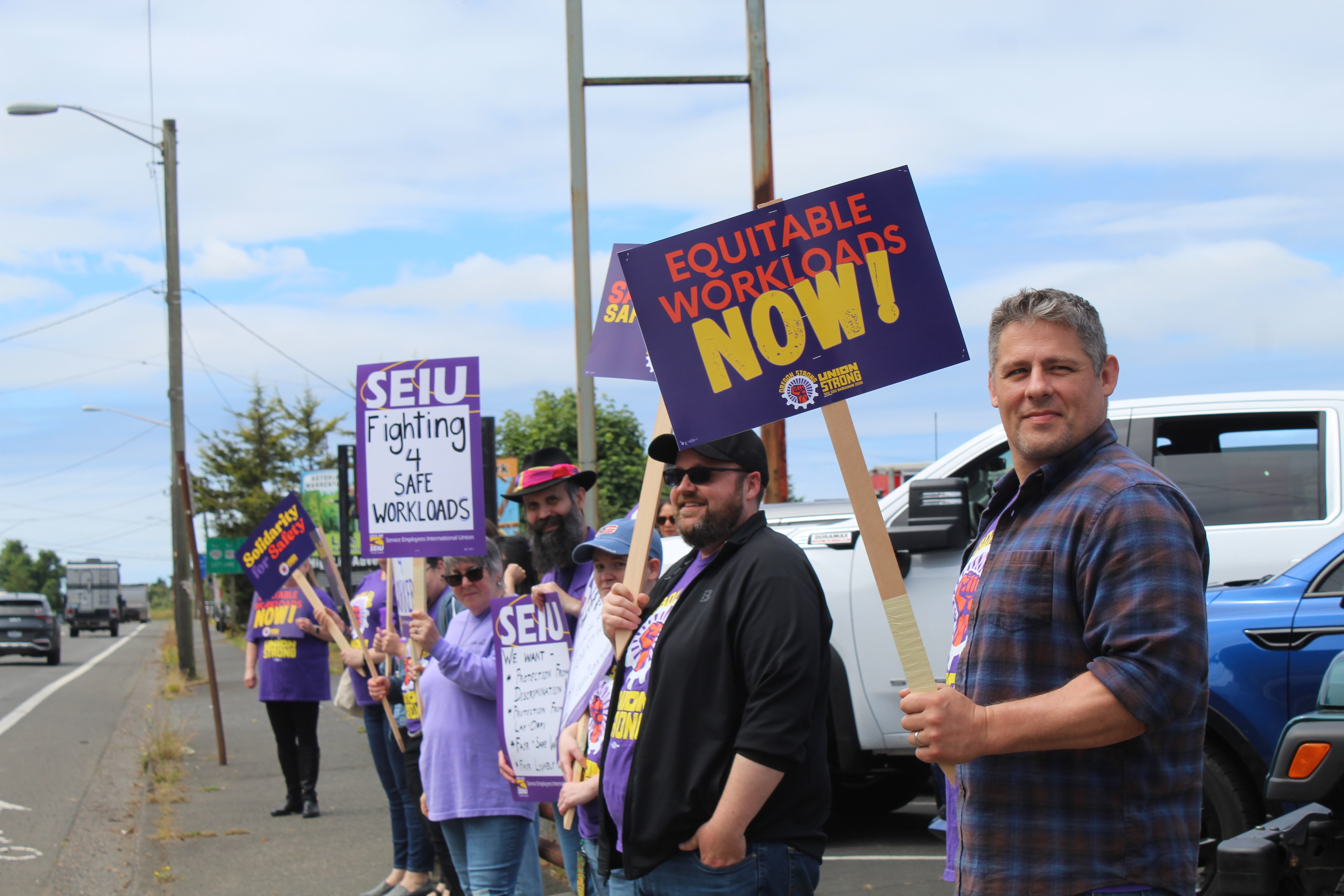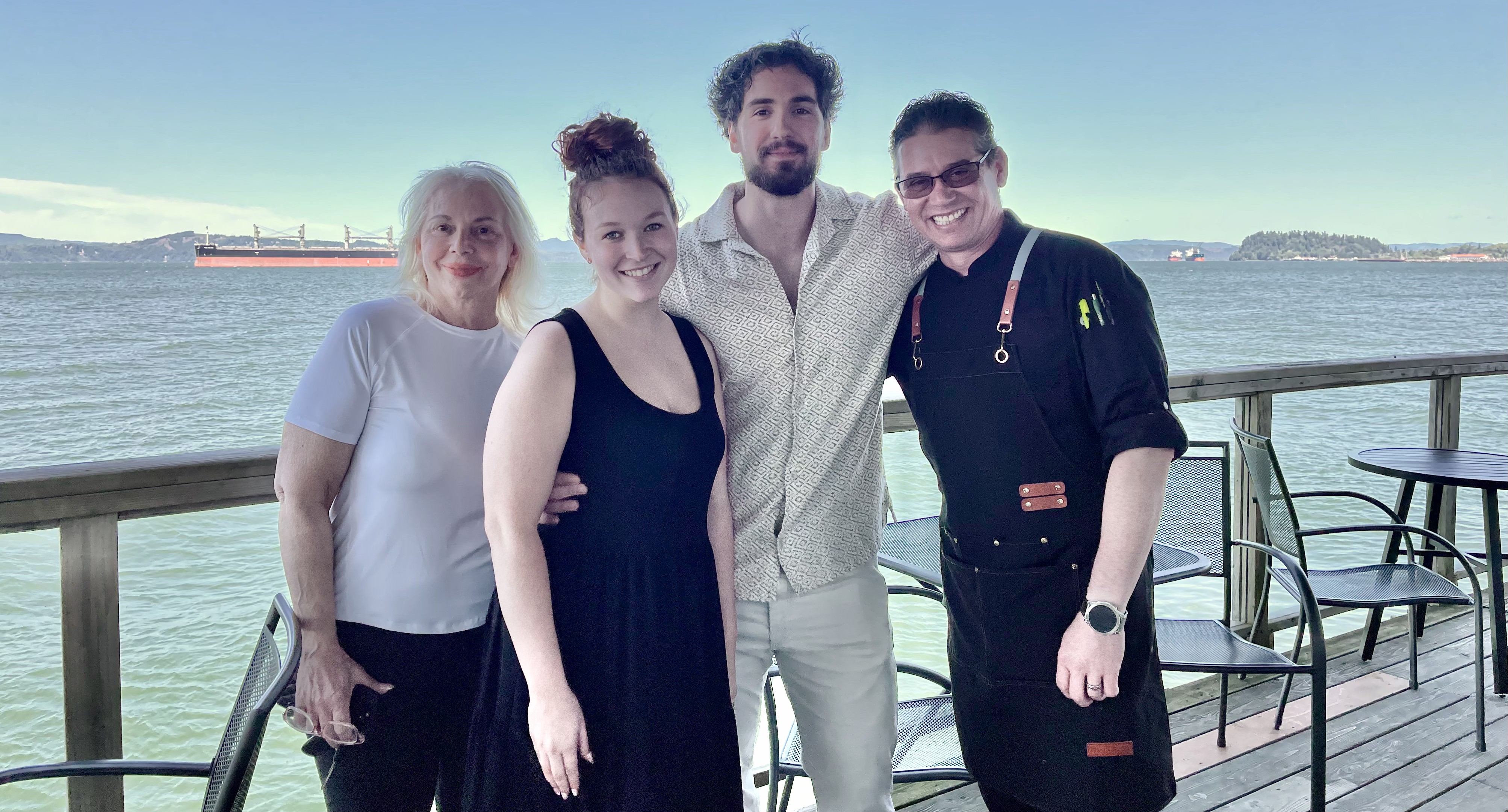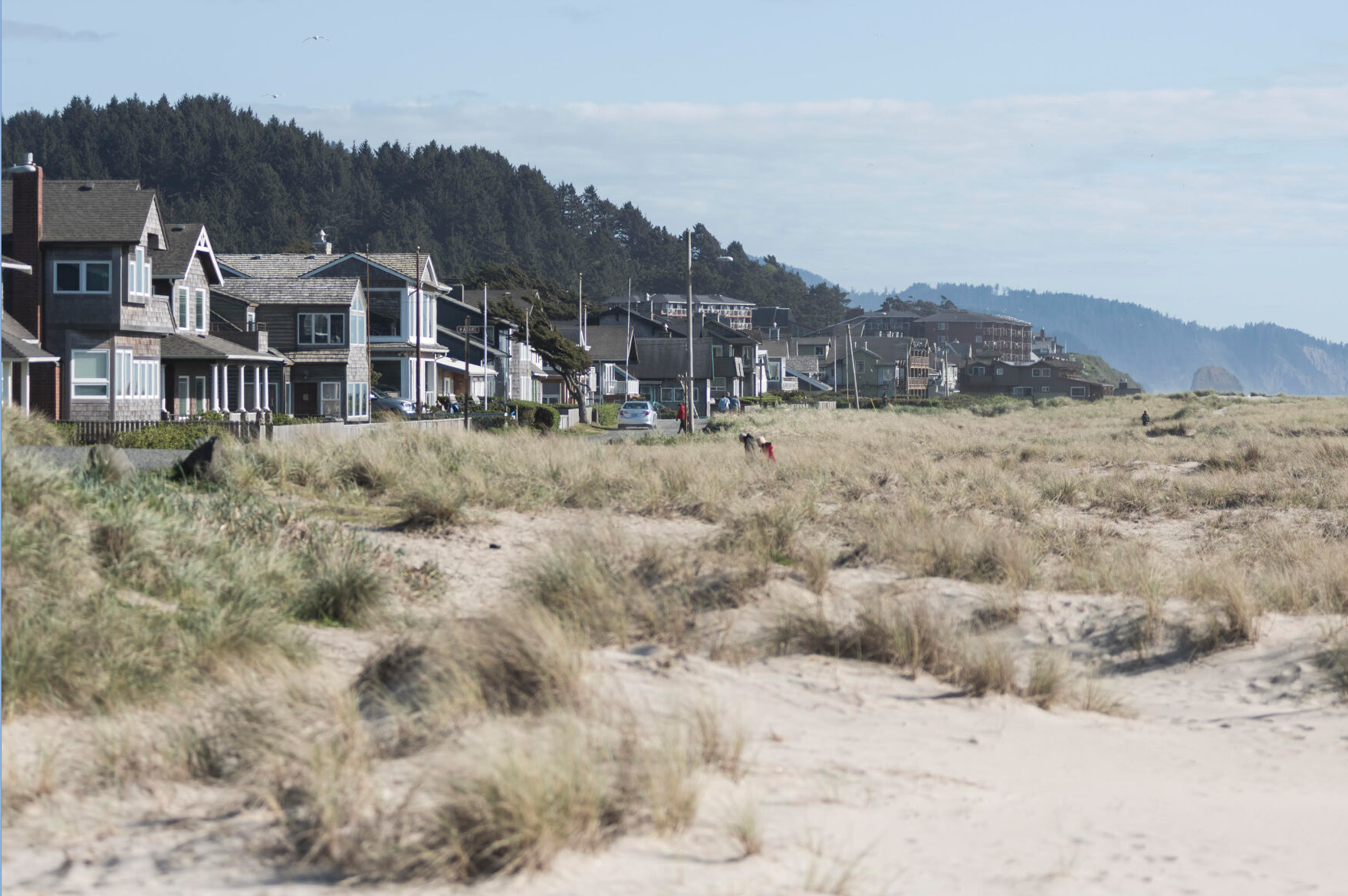Our View: Kotek and the urban-rural divide
Published 12:30 am Saturday, December 3, 2022

- Tina Kotek, Oregon’s governor-elect, appeared at the Pendleton Round-Up in September.
Tina Kotek has been elected governor of Oregon, having fended off what observers are calling one of the most serious Republican challenges in years to Democratic domination of the office.
Trending
Kotek won with a plurality of the electorate — 47% of the vote. That more Oregonians voted for someone else than for Kotek does not diminish her election. Abraham Lincoln received less than 40% of the popular vote for president in 1860.
It does argue against a governing mandate. But it offers an opportunity to close the urban-rural divide. Throughout the campaign, Kotek expressed a desire to reach out to rural Oregon.
“I will work to bridge the divisions in our state,” she said in November after declaring victory. “I’ll spend time in communities all over Oregon working to fix problems and partner with Oregonians who want to find solutions.”
Trending
In an interview with the Capital Press before the election, she made much the same point.
“As governor, getting out of Salem more often — it’s important. You bring people together by listening. And focusing on issues that I don’t think are very partisan. Every part of this state has a housing problem. That’s not a partisan issue. I honestly think water’s not a partisan issue. We all need water.
“So, focusing on issues that aren’t highly politicized is a good place to start.”
It may be a distinction without a difference, but we have found that it’s the proposed solutions, not the issues themselves, where the disagreements lie.
Water is a good example. True, everyone needs water. But who owns it and how much anyone gets have been the subject of often violent disputes in the West for more than 150 years. The future division of this vital resource hardly promises to be anything but highly politicized.
The battles over environmental regulation, economic development, greenhouse gases, housing, health care and other issues promise to be equally difficult.
Nonetheless, as governor she will have to reach out to rural stakeholders.
Kotek will have her work cut out for her. She is not politically popular in rural Oregon, having lost by significant margins in 29 of 36 counties. In Clatsop County, Kotek won with 40% of the vote, with 37% going to Republican Christine Drazan and 23% going to independent Betsy Johnson.
Over the years, we’ve seen Kotek’s willingness to listen to agricultural interests, but she can’t be painted as anything other than an urban liberal.
“Is there a more ill-suited person to help rural Oregon than Tina Kotek?” DHM Research pollster John Horvick told our colleagues at Willamette Week. “I don’t know her personally, but she is very much identified with Portland and the Democratic political establishment. It’s going to be hard to walk into Burns and be that person.”
Ill-suited or not, Kotek finds herself that person. She should be given a chance.
One pundit accurately observed that to succeed in closing the divide, Kotek’s policy solutions can’t begin and end in Portland and the Willamette Valley.
Rural Oregonians being heard is one thing, but having their concerns addressed in final policy is critical.









